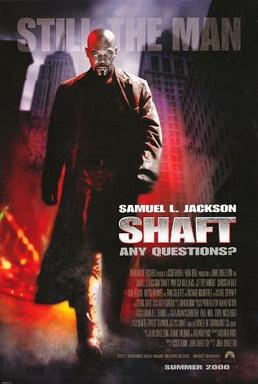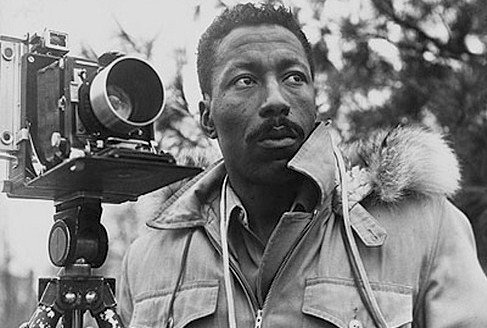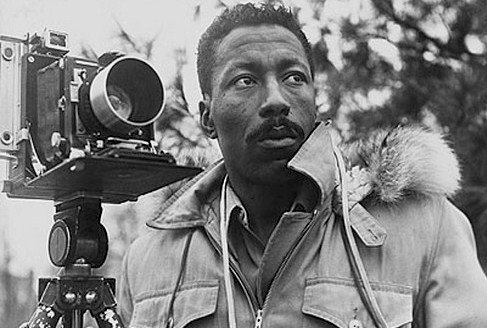
1912-2006
Gordon Parks HBO Documentary Preview
More of Gordon Parks Photography
Backgroud
Gordon Parks Used the Camera as a “Weapon” Against Poverty and Racism
- Gordon Parks grew up in segregation of Fort Scott, Kansas as the youngest of 15 kids
- His mother knew the damage segregation inflicted on black people.
- Her dying wish was for her son to leave Kansas for a better opportunity elsewhere, anywhere.
- Parks never finish high school, but he would find photography and a career which would see him break barriers
- Parks understood and empathized with the people he photographed It is this understanding and sympathy that infuses his images with an emotional power that transcends mere documentation to get at something more universal
- His mother knew the damage segregation inflicted on black people.
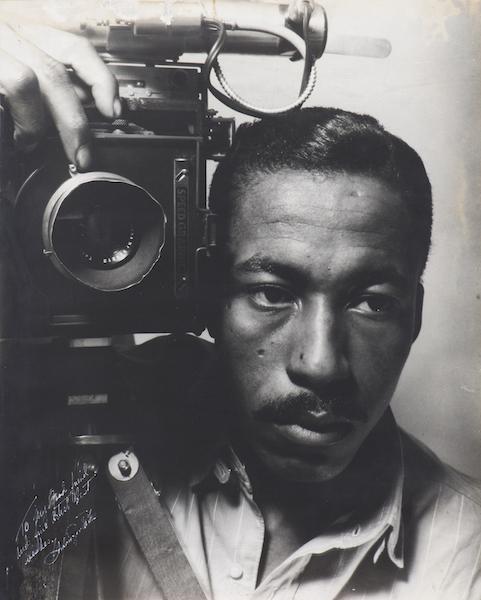
First Photography Assignment
- Parks began taking photos of life among poor African Americans on the South Side of Chicago
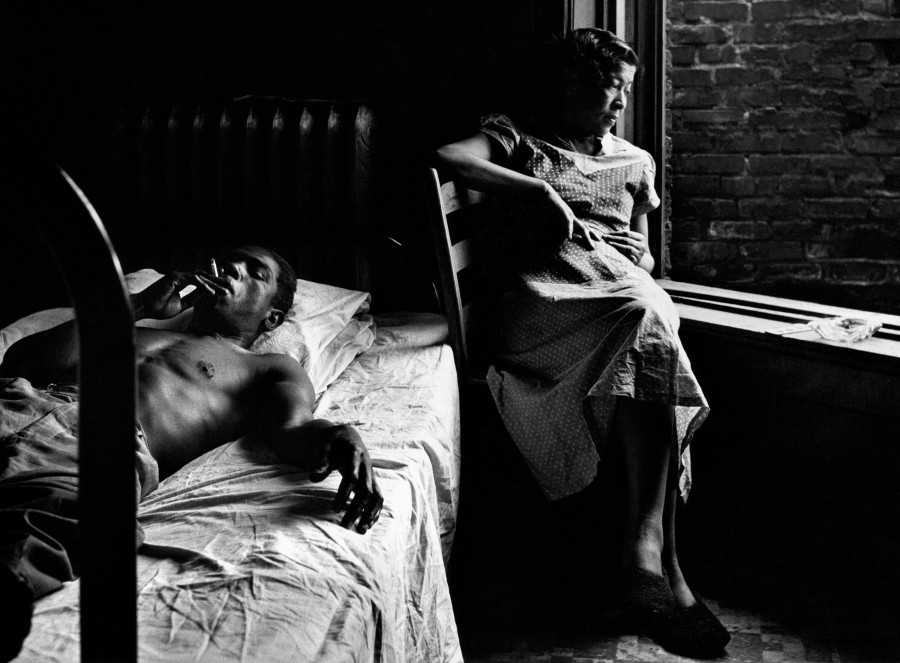
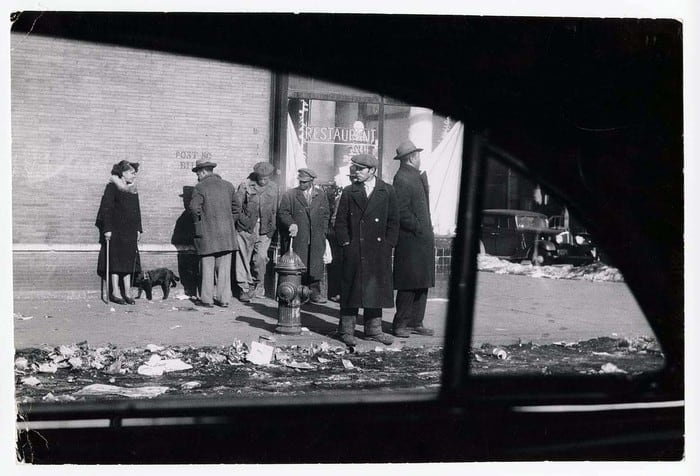
Photographer for FSA
- In 1942 he became a photographer at the Farm Security Administration (FSA), one of the New Deal programs.
- It was during this period that he took his best-known photograph, American Gothic. The photo features an African American cleaning woman with a mop and broom, standing in front of an American flag. It is a reference to a painting of the same name by an artist named Grant Wood.

Life Magazine
- In 1949 Parks became the first African American to be a staff photographer for Life magazine.

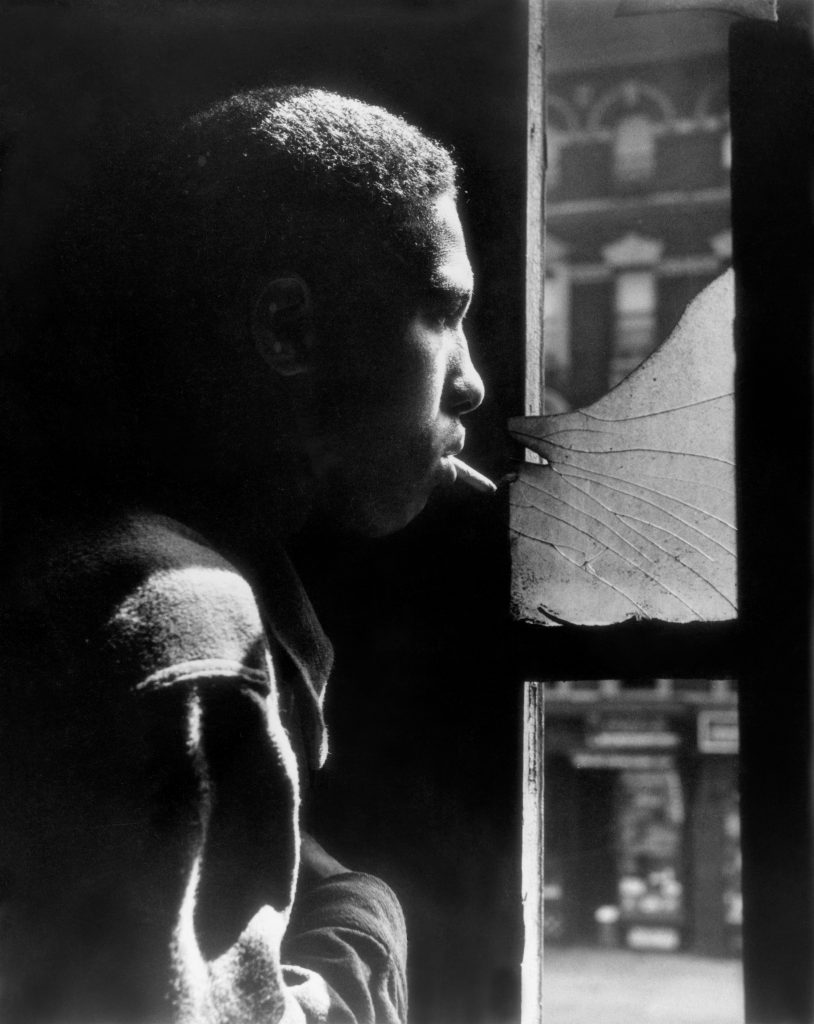
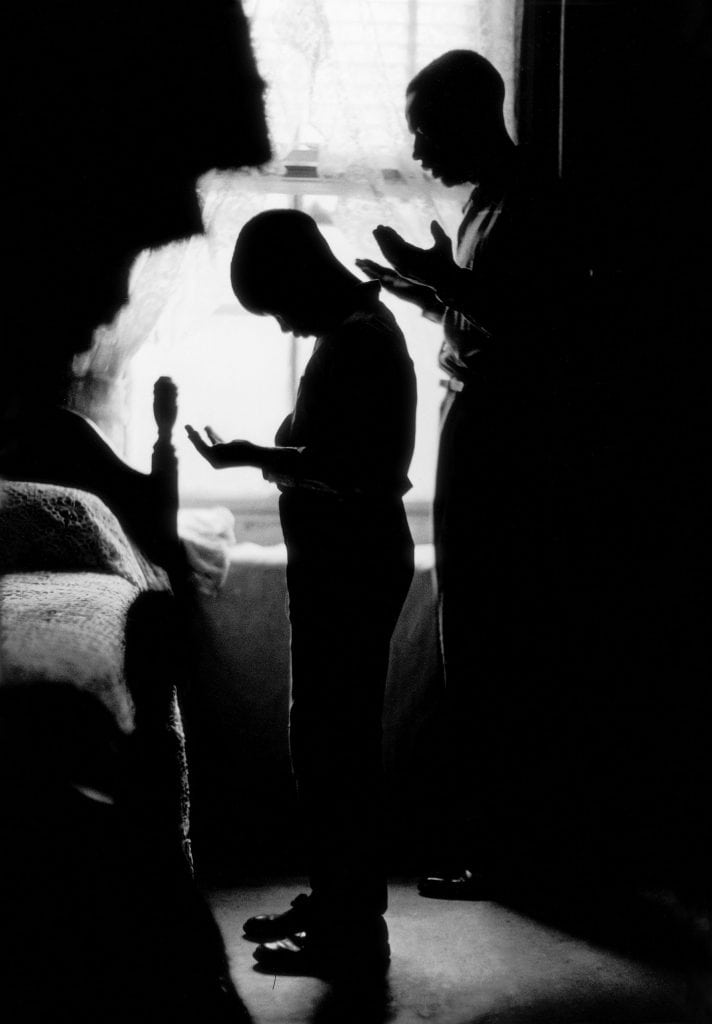
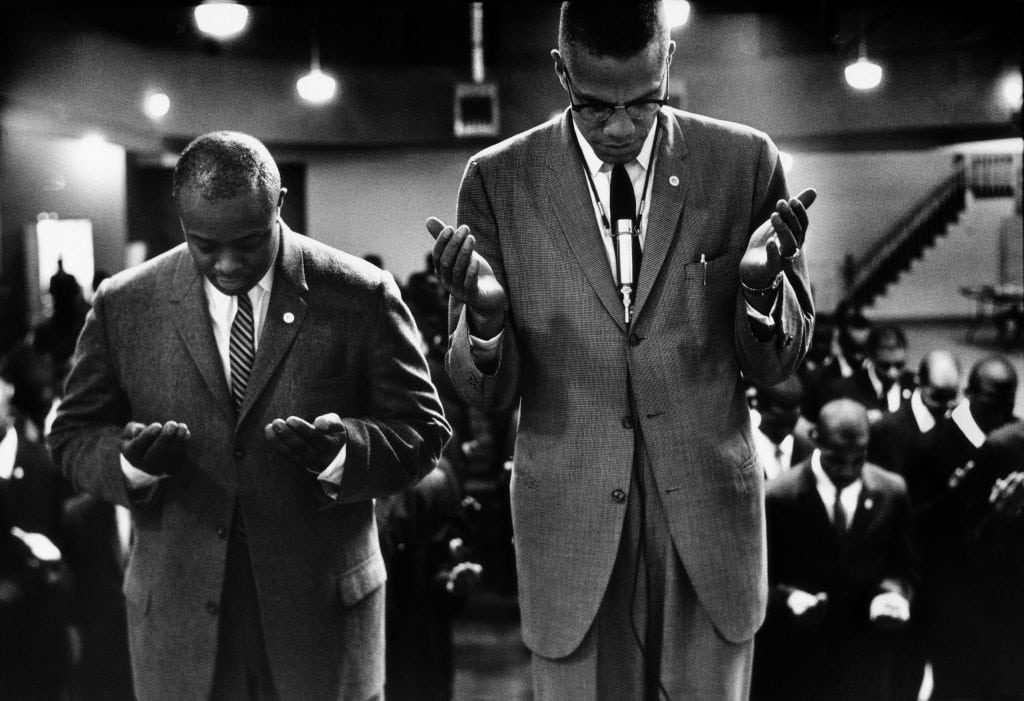
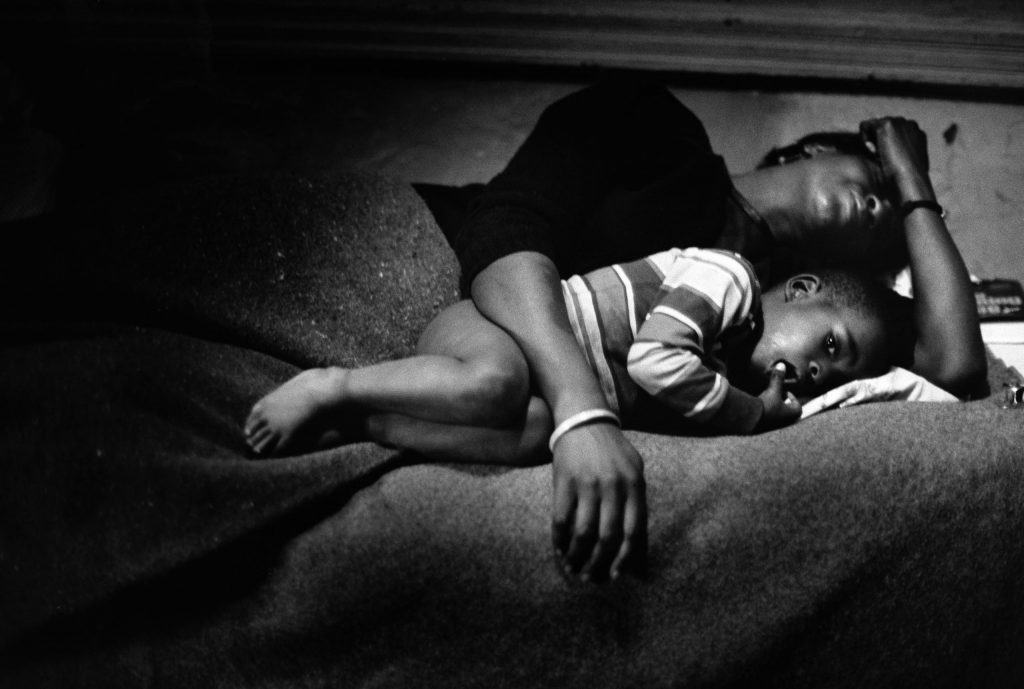
Vogue Magazine
- Parks became the first African American to be a photographer for Vogue magazine


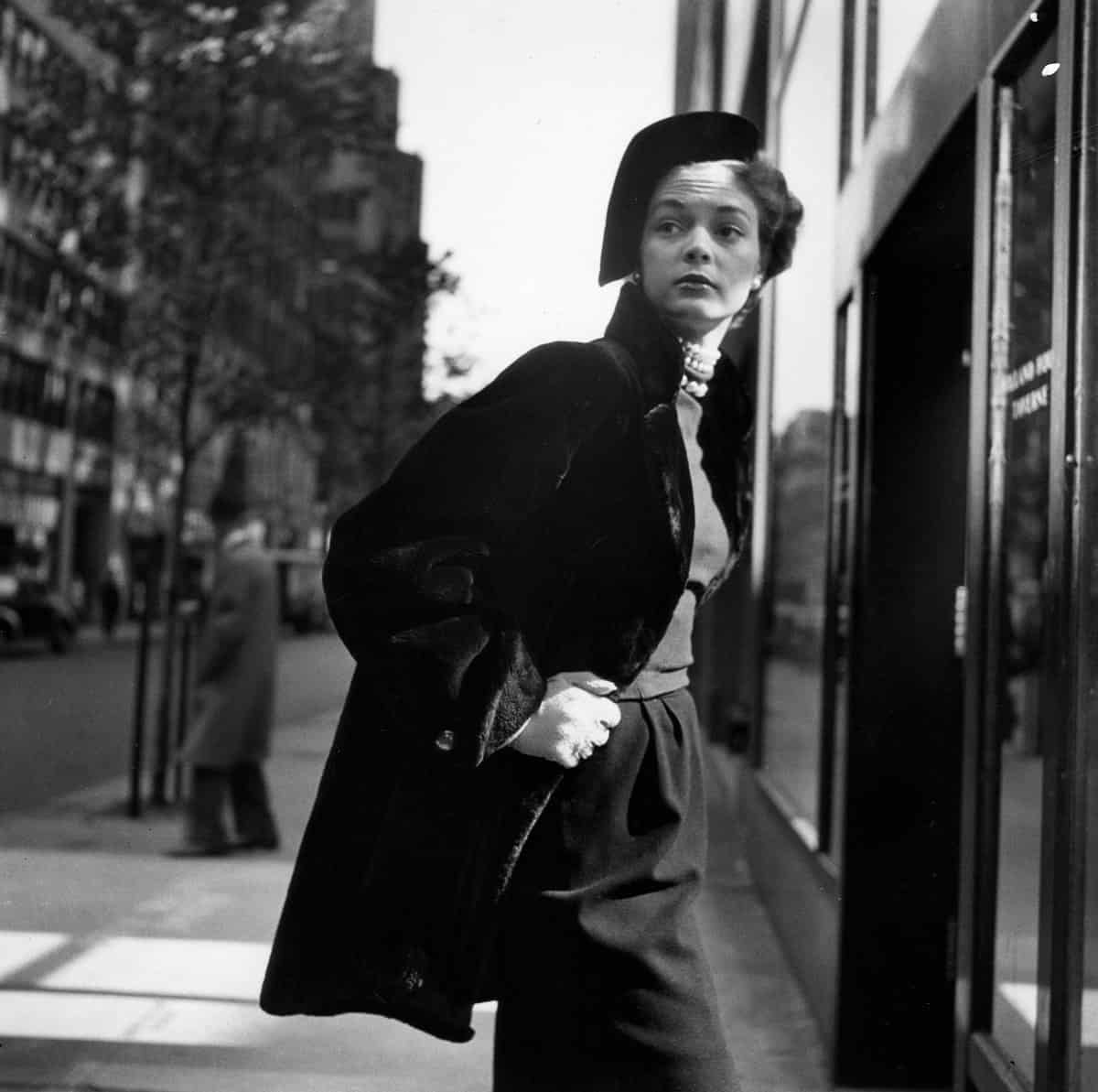
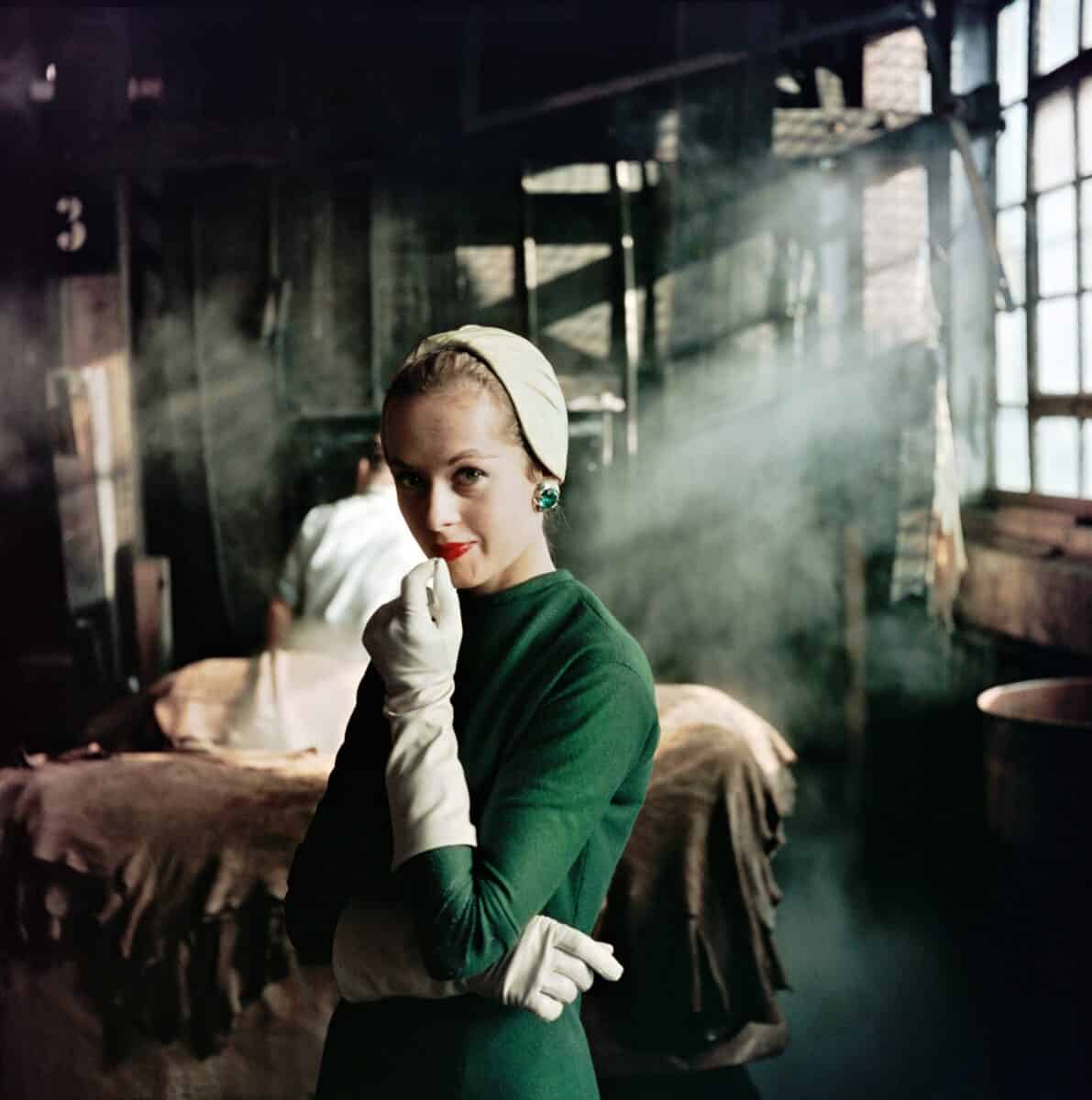
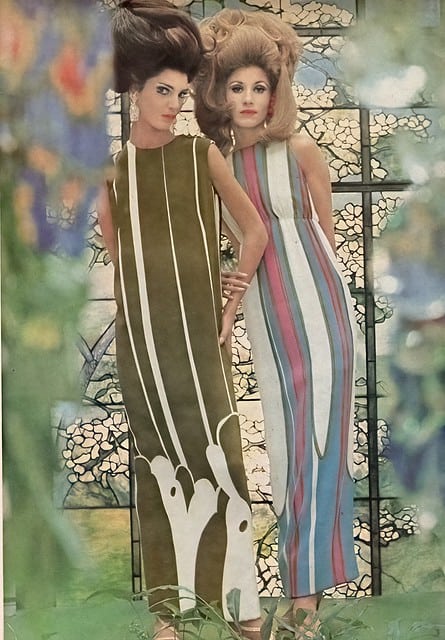
Activism Photography
- Parks became known for his photos from African American life
- Civil Rights Movement, Racism and Poverty
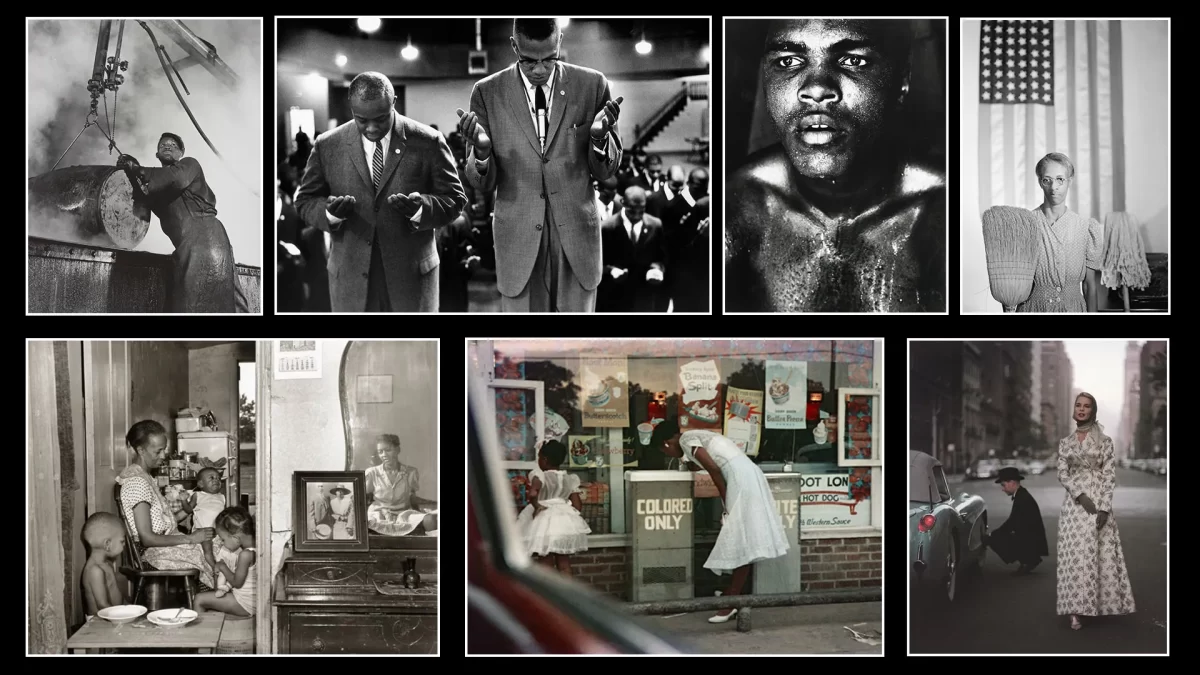
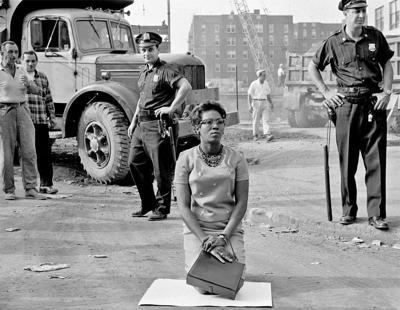
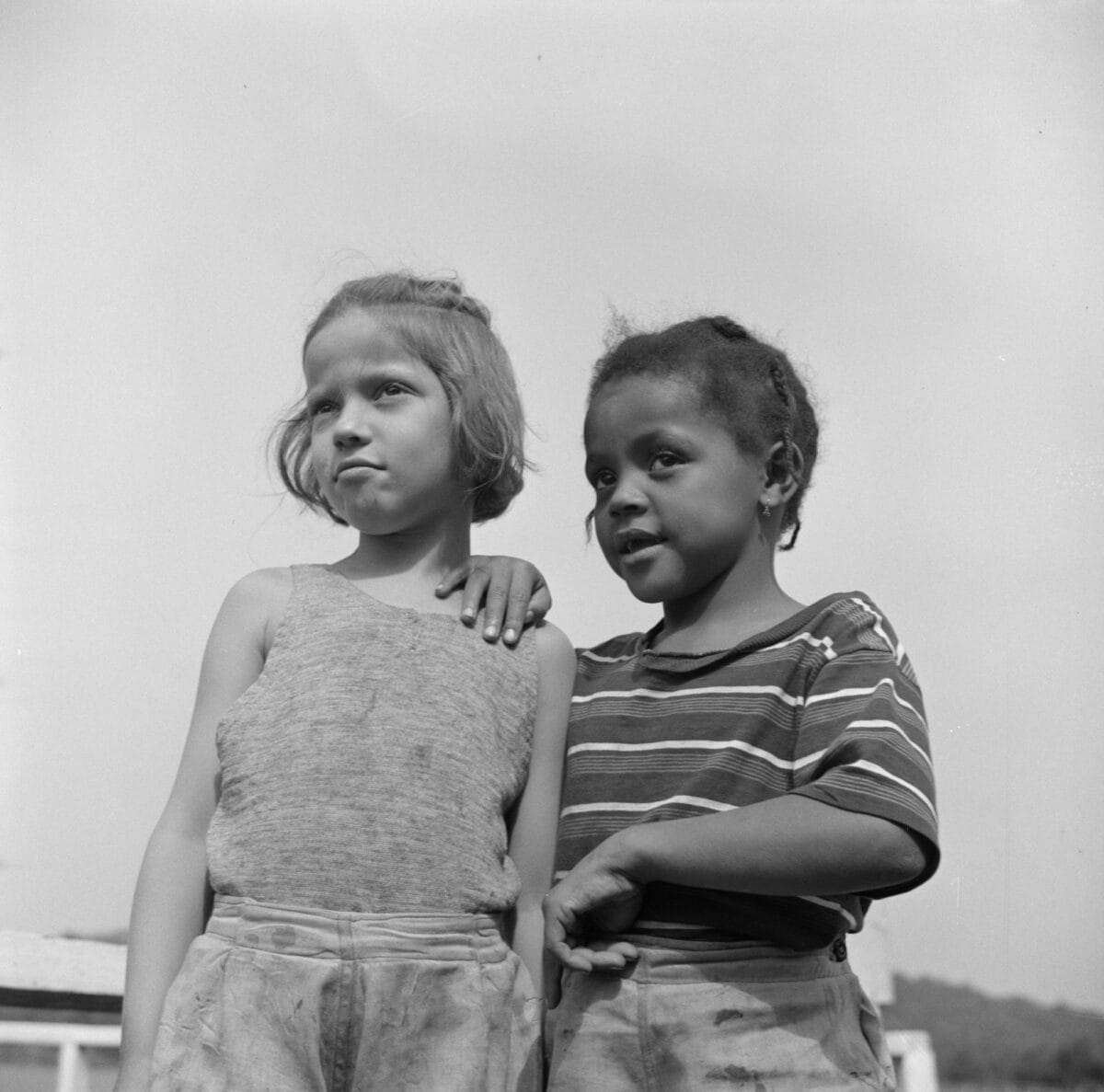
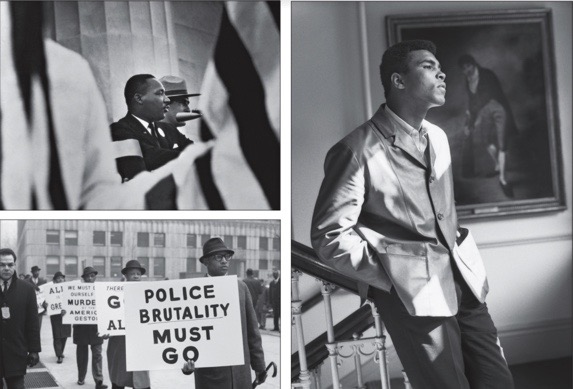
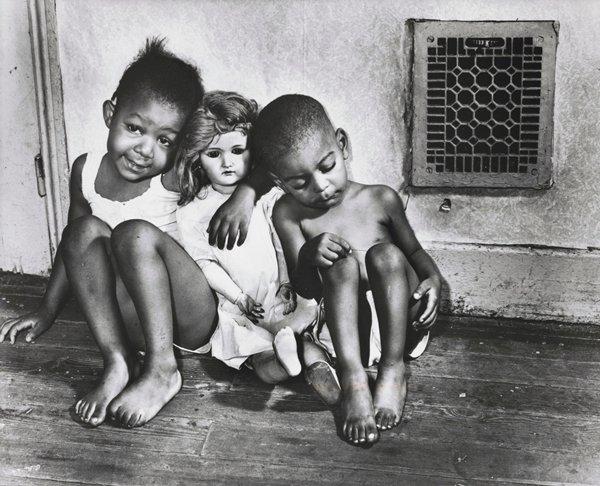


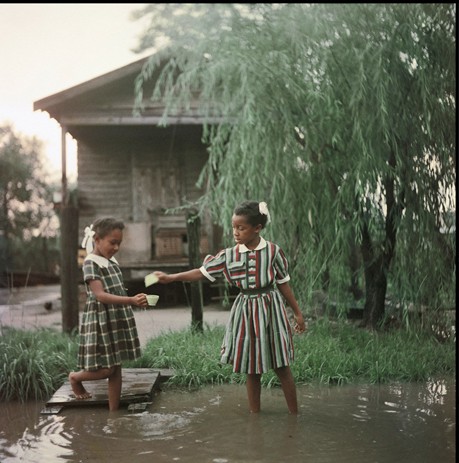
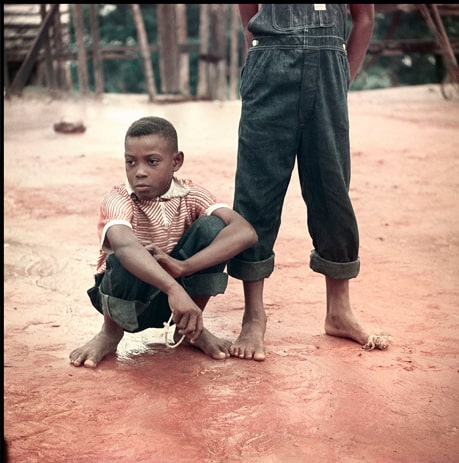
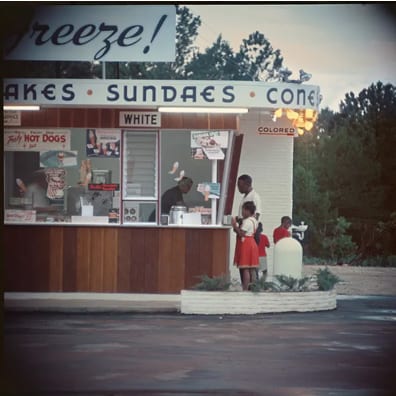
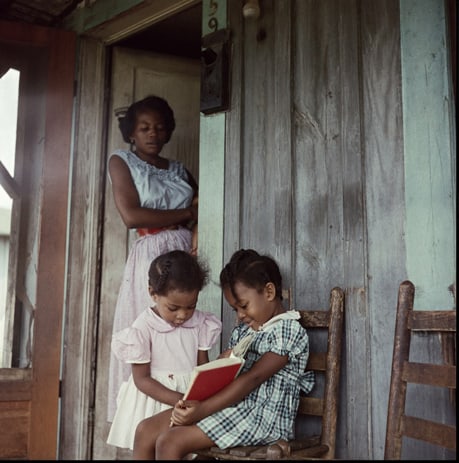
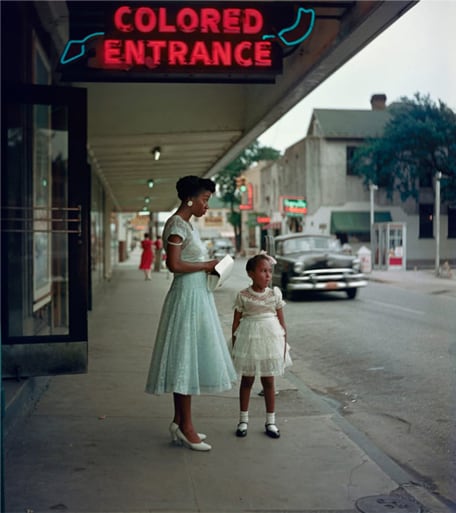
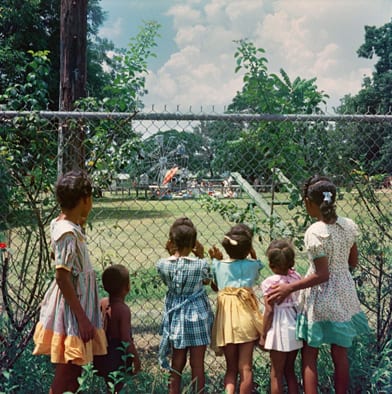

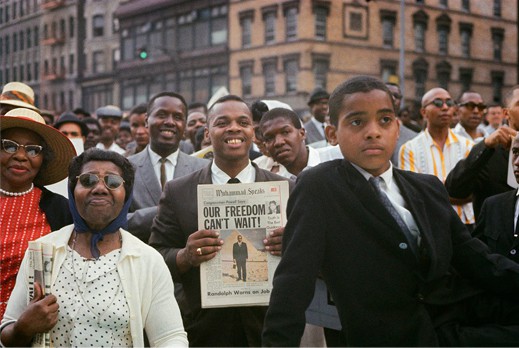
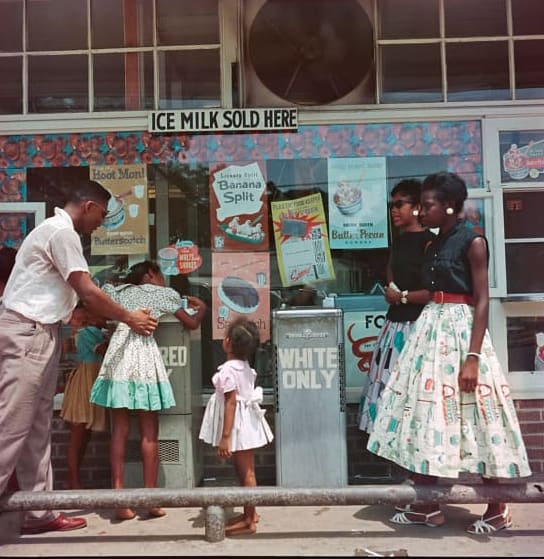
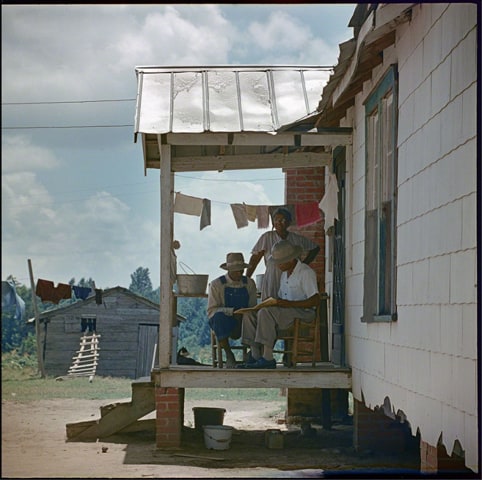
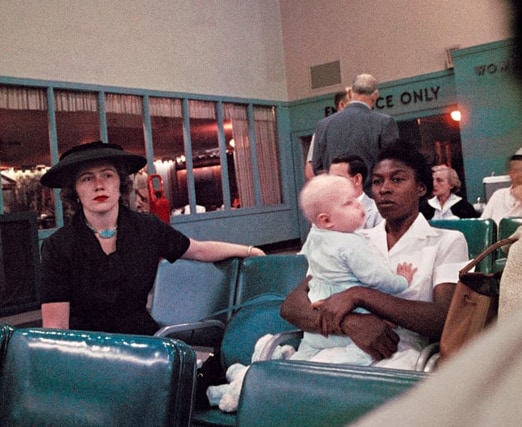
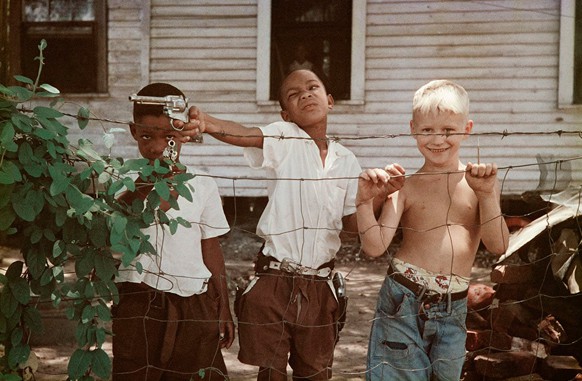
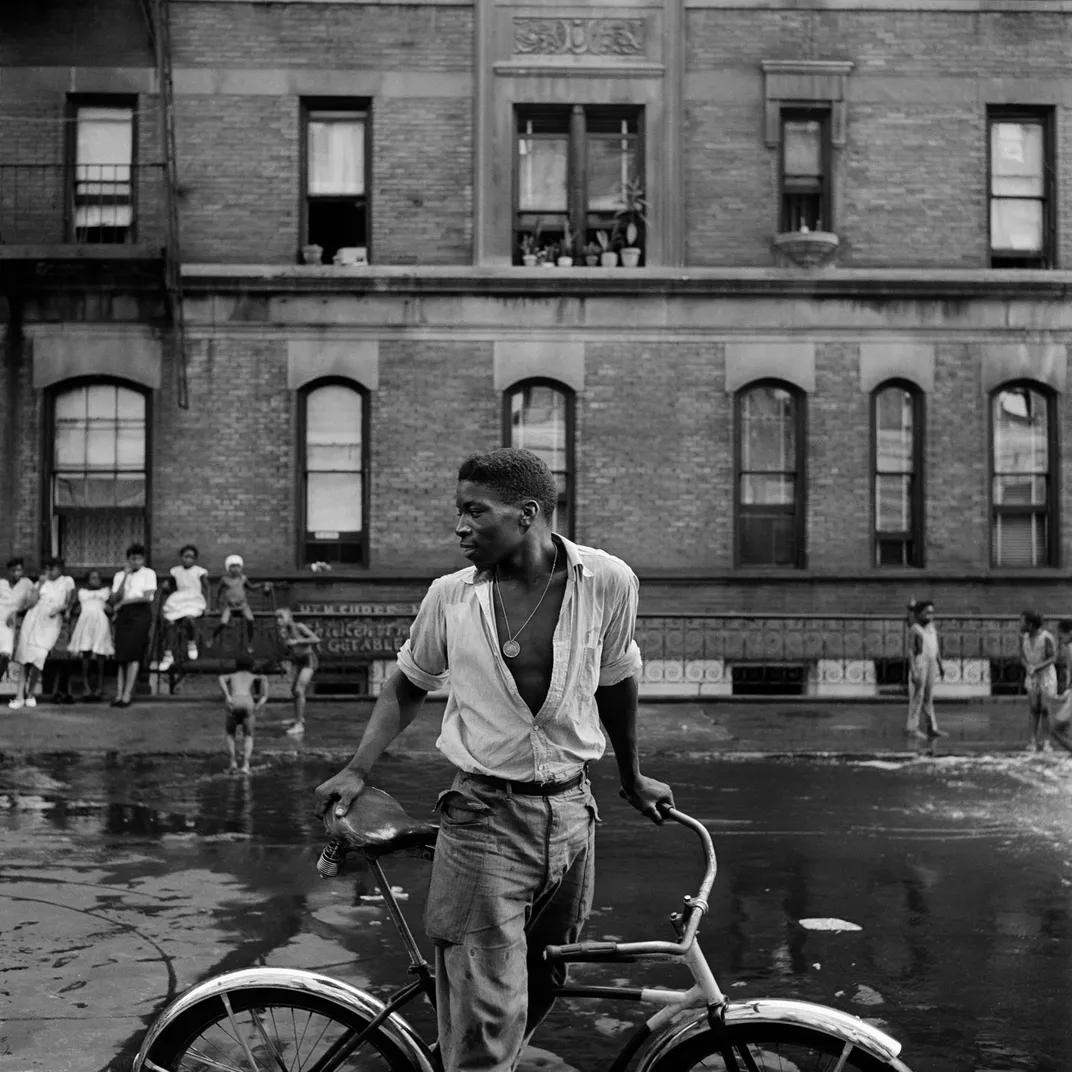
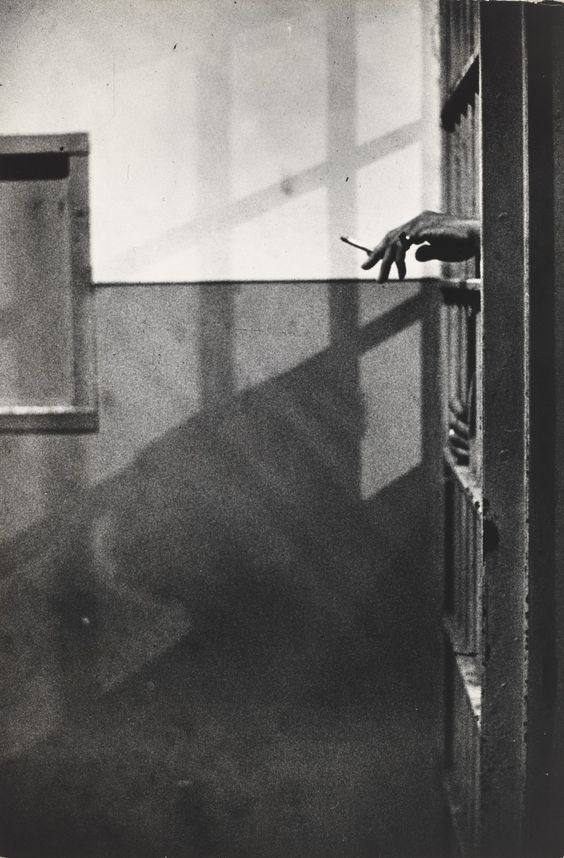
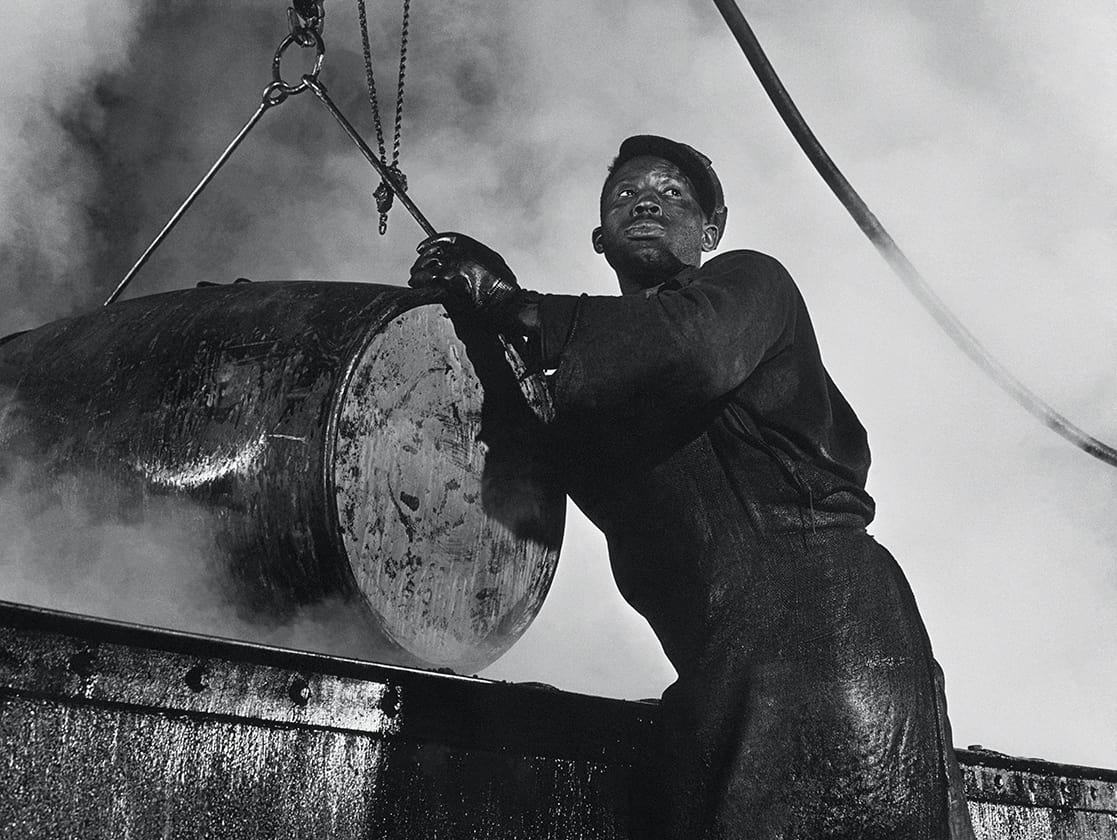
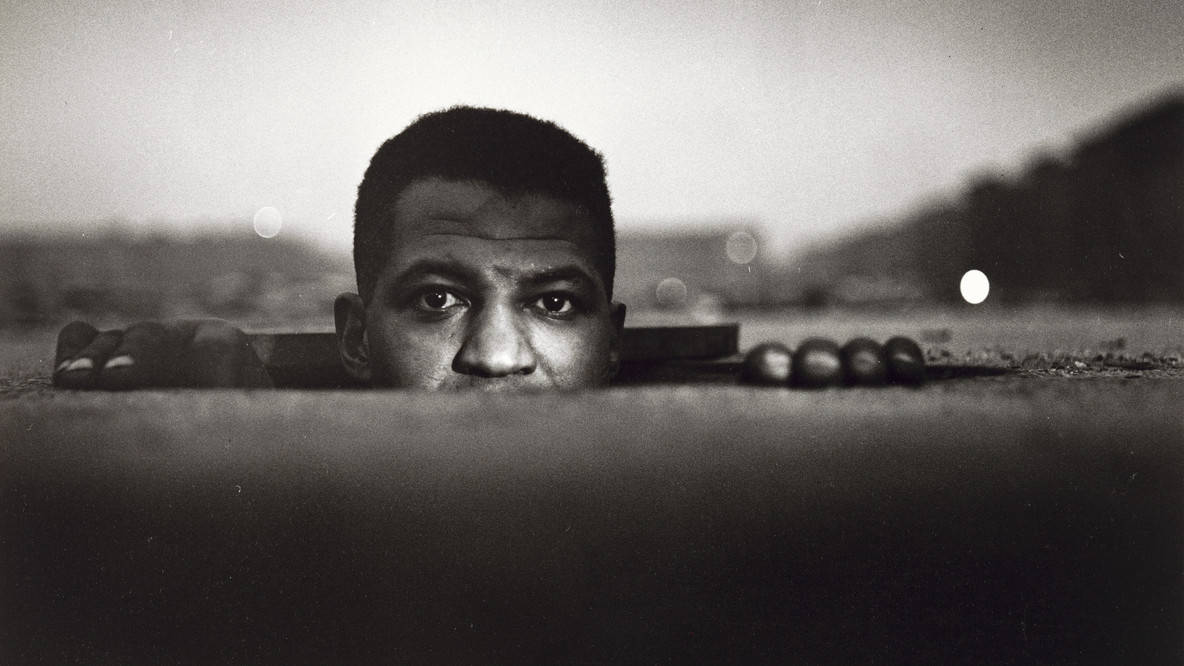
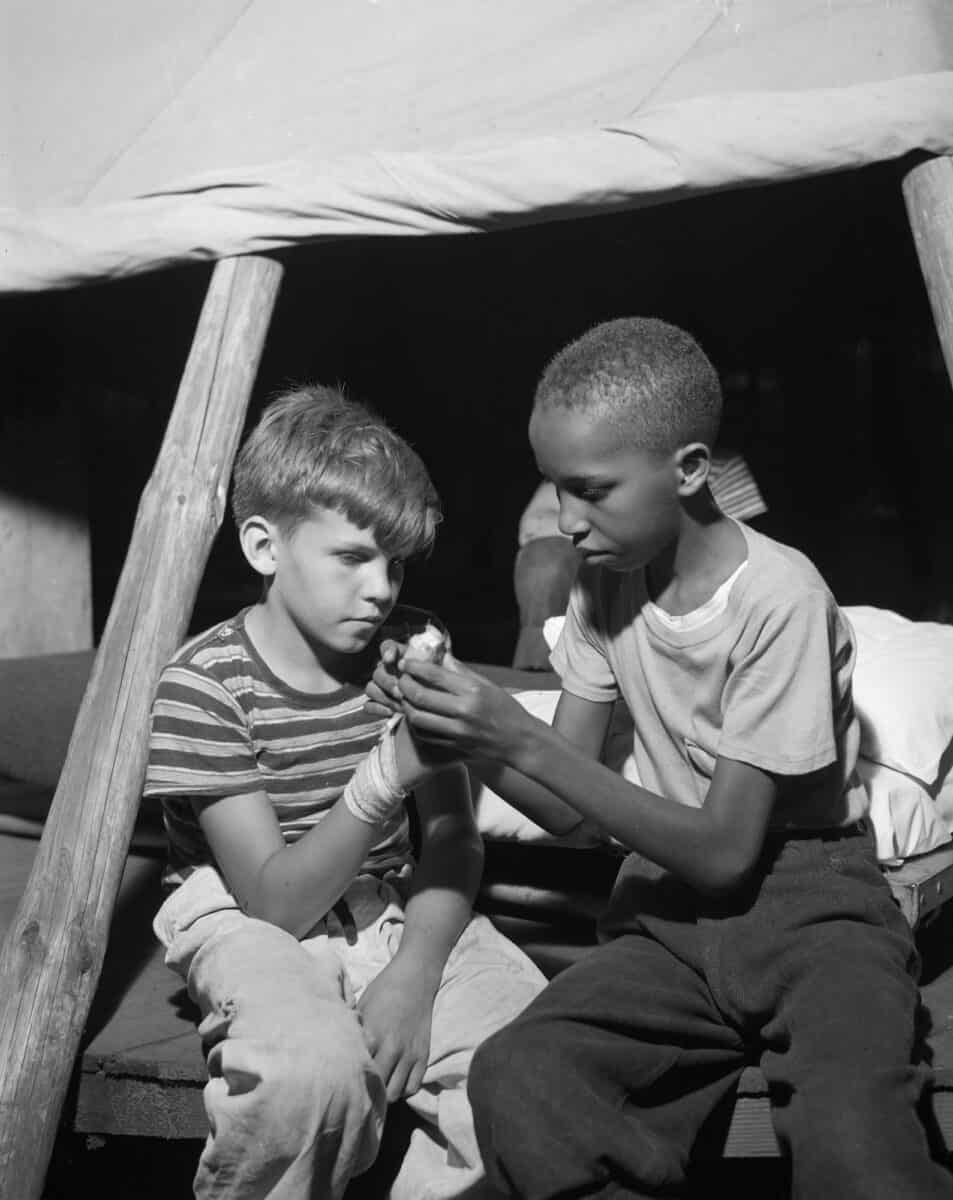
Writer
- In addition to his photography, Parks published a number of books
- The Learning Tree (1963) which he later made into a movie
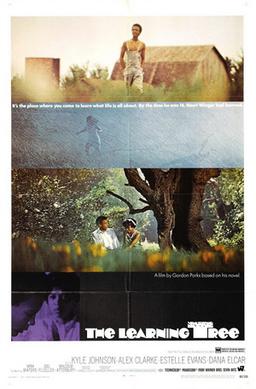
-
- Whispers of Intimate Things (1971) poetry-and-photo book

Film Director
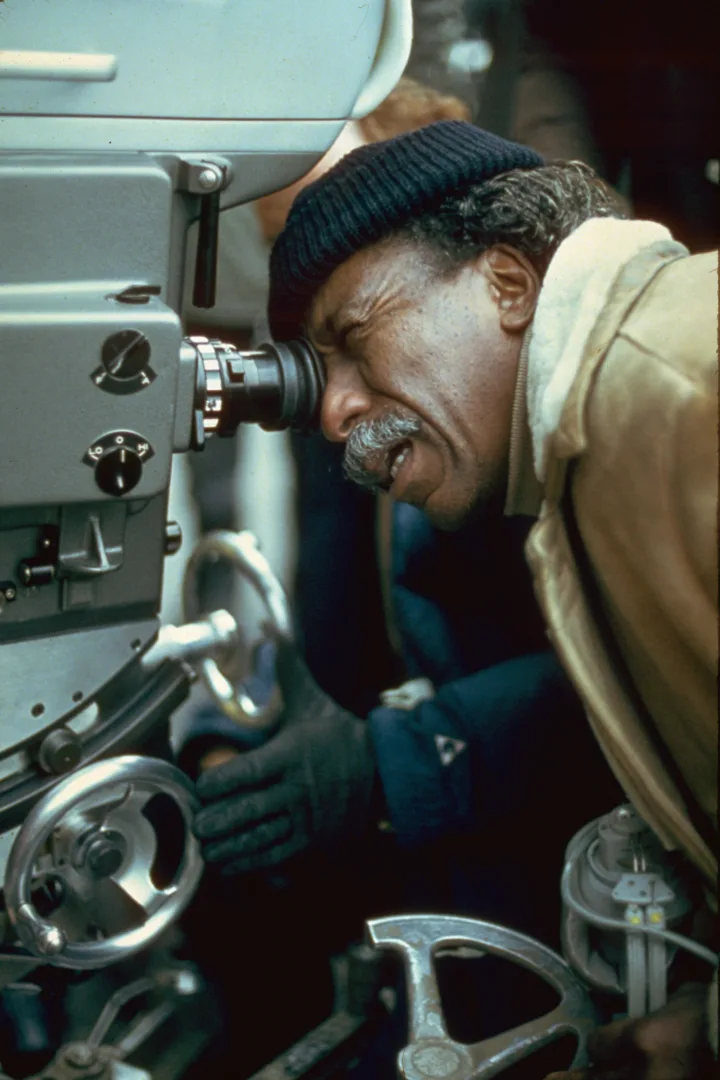
- In the 1970s Parks directed a number of films including Shaft (1971) and Shaft’s Big Score! (1972).
- Both of these films had a significant impact on films featuring African Americans.

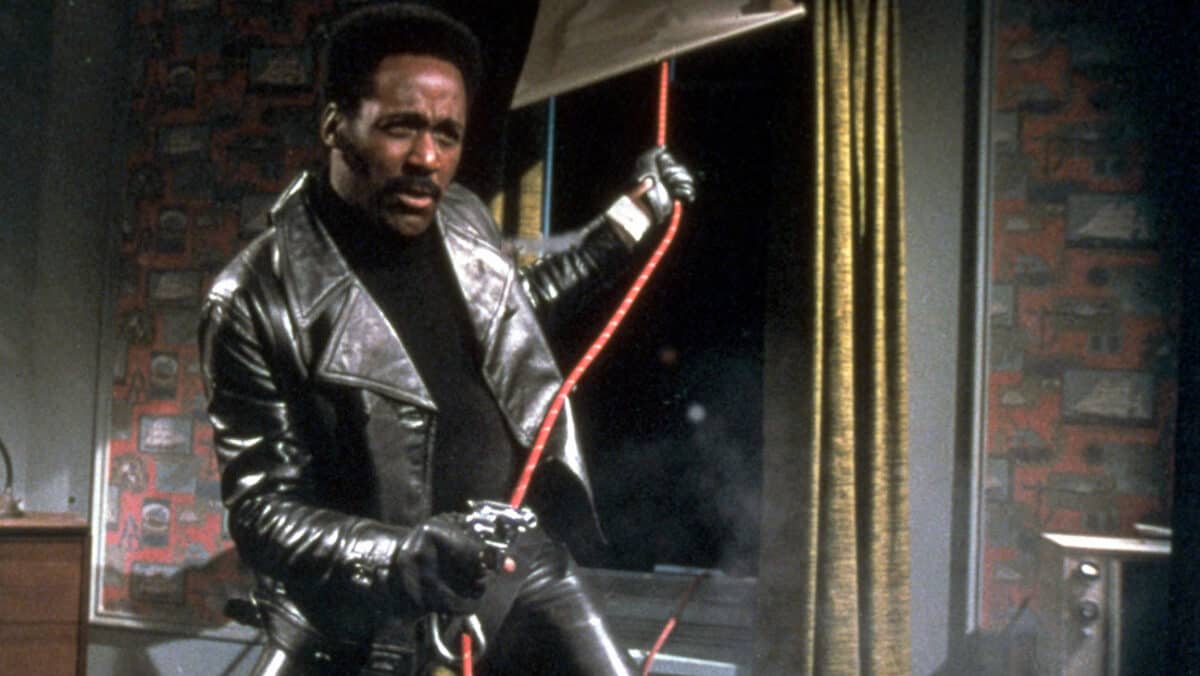
- 2001 Shaft is a contemporary sequel to the 1971 Shaft film, in which Jackson plays the nephew of John Shaft
